Transformation of Maternity Services
As our Maternity Service continues to care for women and birthing individuals with increasingly complex needs, the volume of referrals to specialist services has seen a significant rise, mirroring a national trend. However, the introduction of a digital maternity information system, while beneficial, created a substantial bottleneck in our workflows, which posed a clinical risk.
To address this challenge, Portsmouth Maternity Services embarked on an intelligent automation programme — pioneering efforts to harness the advantages of automation technology within clinical processes across the NHS.
This intelligent automation programme can be seamlessly applied across multiple systems, revolutionising appointment administration and creation, referral management, emergency alerts, caseload management, and community clinic oversight. The outcomes have been nothing short of remarkable: patient appointment capacity has surged by 33%, while appointment booking wait times have plummeted from 6-8 weeks to just 24 hours.
When considering the well-being of the NHS, we are thrilled to report that approximately 18,000 staff hours will be saved annually. This remarkable achievement is equivalent to the workload of 12 full-time employees, resulting in a cost-saving of £225,000 in internal staffing expenses. Furthermore, we've successfully avoided £105,000 in external outsourcing costs for maternity scanning.
Below, we invite you to delve deeper into the ways your Trust can enhance its Pathways through the implementation of Intelligent Automation.
Appointment booking wait times went from 6-8 weeks to 24 hours
Prior to the implementation of our automation programme, the antenatal clinic often struggled with a growing backlog of referrals, making it challenging to manage and prioritise effectively. Patients sometimes endured lengthy wait times, spanning 6-8 weeks, just to have their referrals processed and appointments scheduled.
As our team diligently worked to address a constant influx of 100 referrals while another 150 appeared, they faced the unenviable task of continually assessing which referrals carried the highest risk and required immediate attention. Despite numerous attempts to allocate additional resources and adjust our processes, the problem persisted, leading to a disheartened staff and an all-time low in job satisfaction.
The solution to this ongoing challenge lies in the automation of this labour-intensive process. By establishing clear rules for each referral type within our automated system, we've achieved the remarkable ability to swiftly allocate and book appointments within minutes of receiving a referral. This automated system handles five distinct types of referrals for the antenatal clinic:
- Nuchal
- Anomaly
- Obstetric
- Serial Scan Pathway
- GTT (Glucose Tolerance Test)
The impact of automating these processes cannot be overstated. Appointments that previously took 6-8 weeks to schedule are now confirmed within 24 hours of receiving the referral, instantly accessible to patients through their maternity app.
Since the introduction of this automation, we've observed a return to normal levels of staff sickness and a substantial increase in job satisfaction. Not only has the quality and efficiency of our patient care improved, but the overall well-being of our teams has also seen a marked boost.
Our comprehensive offering includes full support and guidance, facilitating the rapid development and deployment of the automation solution within your Trust. This is achieved through:
- Clinical Process Consultation
- Stakeholder Consultation and Business Case Support
- Project Management
- Ongoing Support
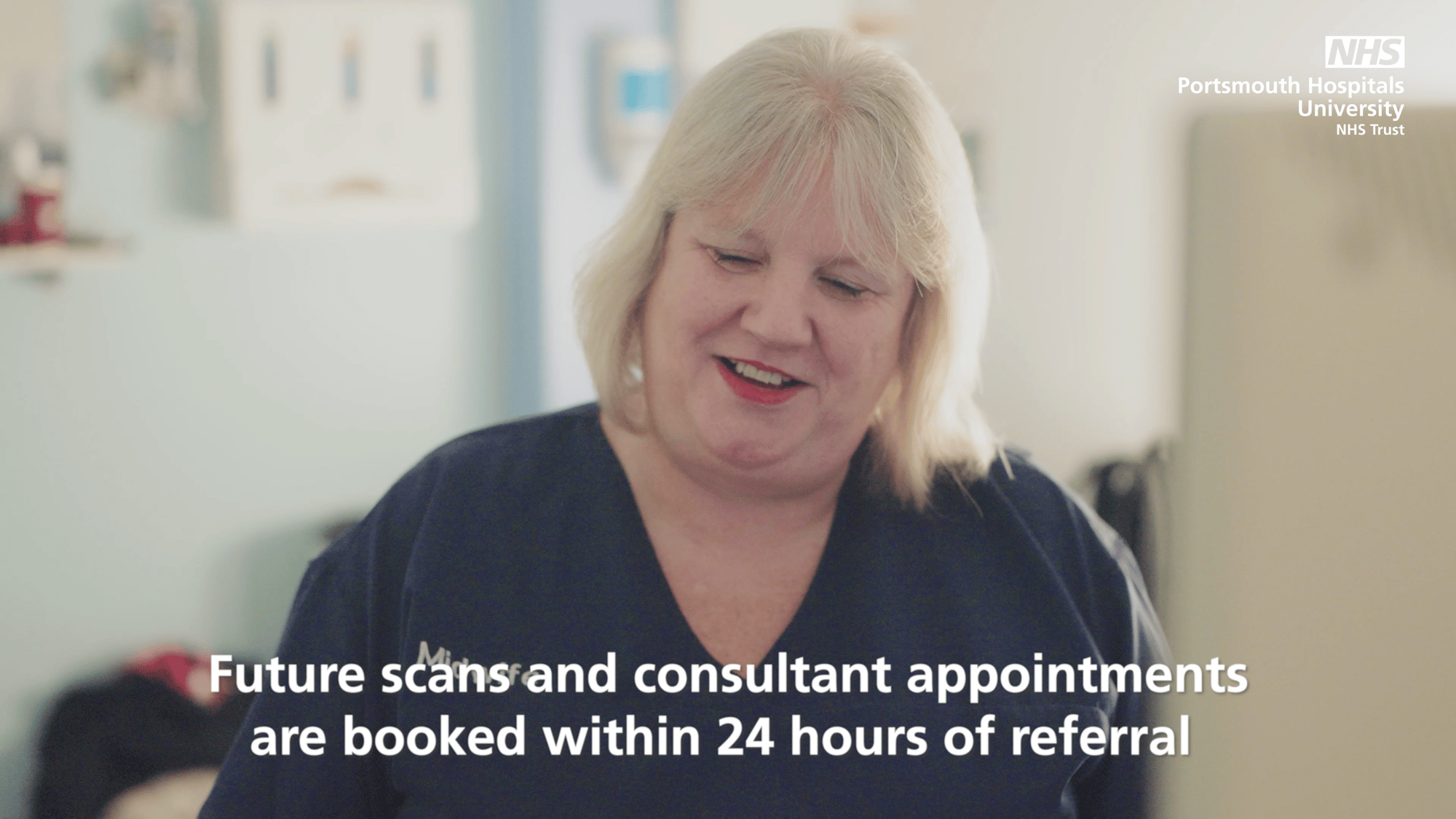
Self-Referral process and booking appointment made up to 4 weeks earlier
Securing booking appointments before ten weeks gestation is challenging for maternity services. Introducing our new Maternity Information System came with a new self-referral portal for women and birthing people to request maternity care. This saw the introduction of new processes, a new team and new ways of working.
However, the new process was time-consuming and created a backlog of referrals over several months, making it harder to meet the requirement to hold the booking appointment under 12 weeks' gestation, never mind the under ten weeks' gestation we strive for. After initially attempting to address these issues with process change and additional resources, little change was seen in outcomes.
The entire process of responding to and completing this process took around 90 minutes per referral and involved two separate teams. Our solution aimed to automate this process to ensure that booking appointments were timely and that screening guidelines could be met. This entailed;
Our comprehensive offering provides full support and guidance, facilitating the swift development and deployment of the automation solution within your Trust. This is made possible through:
- Clinical Process Consultation
- Stakeholder Consultation and Business Case Support
- Project Management
- Ongoing Support

Diary and Caseload Management made simple
Managing community diaries and caseloads has consistently proven to be a time-consuming and often frustrating task. With multiple clinics spread across a vast geographical area, many clinicians resorted to various methods for keeping their schedules, ranging from Outlook calendars to traditional paper planners. This diversity posed numerous challenges, making it difficult to obtain an accurate overview of our caseload and increasing the risk of crucial data loss.
Given the significant strides we had already taken in our digital transformation journey, it became evident that a new solution was imperative.
Thus, we conceived a specialised Maternity Community Diary (MCD) to standardise our diary management practices, enhancing safety, security, and efficiency. This innovation introduced bookable slots based on a clinic template spanning 10 weeks ahead and accessible at any time.
Our MCD has empowered clinicians with autonomy over their schedules and appointment slots, providing a structured approach to defining clinic types and locations.
Furthermore, the MCD boasts a built-in gestation calculator, an NHS number validator, and a caseload management system based on average gestation. All of these features seamlessly integrate with the Maternity Information System, resulting in not only a simplified management system but also a more adaptable and effective one.
Our comprehensive offering provides complete support and guidance, facilitating the swift development and deployment of the automation solution within your Trust. This is accomplished through:
- Clinical Process Consultation
- Stakeholder Consultation and Business Case Support
- Project Management
- Ongoing Support

Proactive AI ED Alerting into Maternity Services
Prior to the implementation of our intelligent automation programme, we often lacked awareness of maternity patients who visited our Emergency Department (ED).
As Maternity Services, we understand that maternity patients who repeatedly seek care in the ED often have high-risk pregnancies, which regrettably can lead to poorer outcomes. Furthermore, in some instances, had we been informed of their ED visits, we could have initiated additional referrals and patient reviews to ensure comprehensive and holistic care. However, prior to the programme, we consistently lacked this vital information, rendering us unable to take action to address these heightened risks.
To mitigate this risk, our intelligent automation solution offers the following capabilities:
- Immediate flagging of the NHS number of emergency-admitted patients and their newborns from the maternity system.
- Analysis of the patient's ED history from the previous 12 months, generating a safety risk report using generative AI.
- Calculation of the patient's gestational stage, enabling alerts to the specific maternity team required.
This automated process serves as a failsafe mechanism, enabling maternity staff to identify patterns in previous ED admissions. This, in turn, ensures that patients in need of Maternity Services receive prompt attention and appropriate care, guided by the most recent risk assessments.
Furthermore, it has facilitated the identification of inappropriate ED attendances, which we have used to inform changes in practice and information sharing to reduce such occurrences in the future.
Our comprehensive offering provides complete support and guidance, facilitating the rapid development and deployment of the automation solution within your Trust. This is achieved through:
- Clinical Process Consultation
- Stakeholder Consultation and Business Case Support
- Project Management
- Ongoing Support
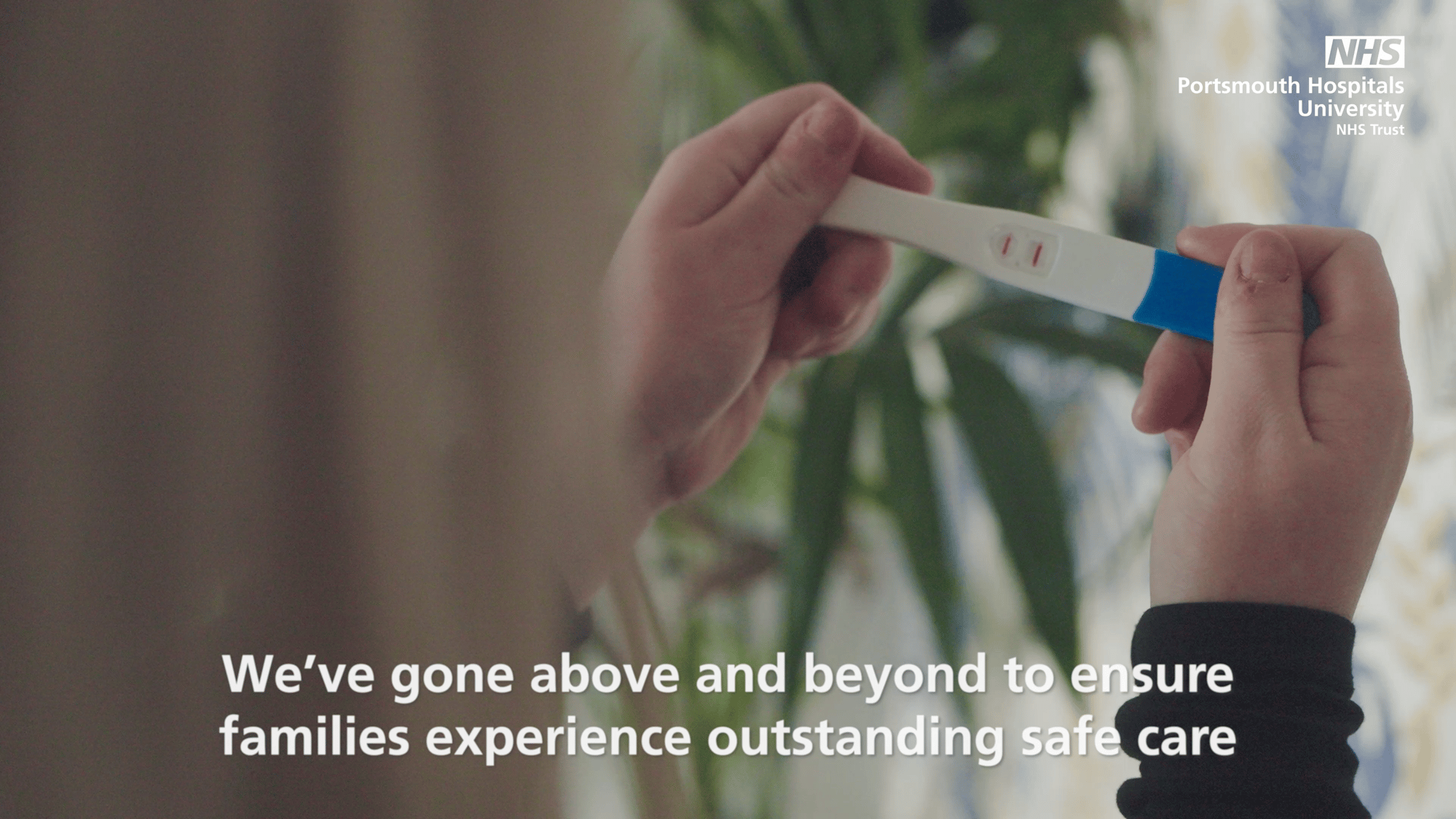
Hear from the team
This video series gives you a deeper understanding to the programs delivery and impact
Programme Impact and Results
This infographic illustrates the programme impact on both patients and staff within the trust.
Contact the Award Winning Team
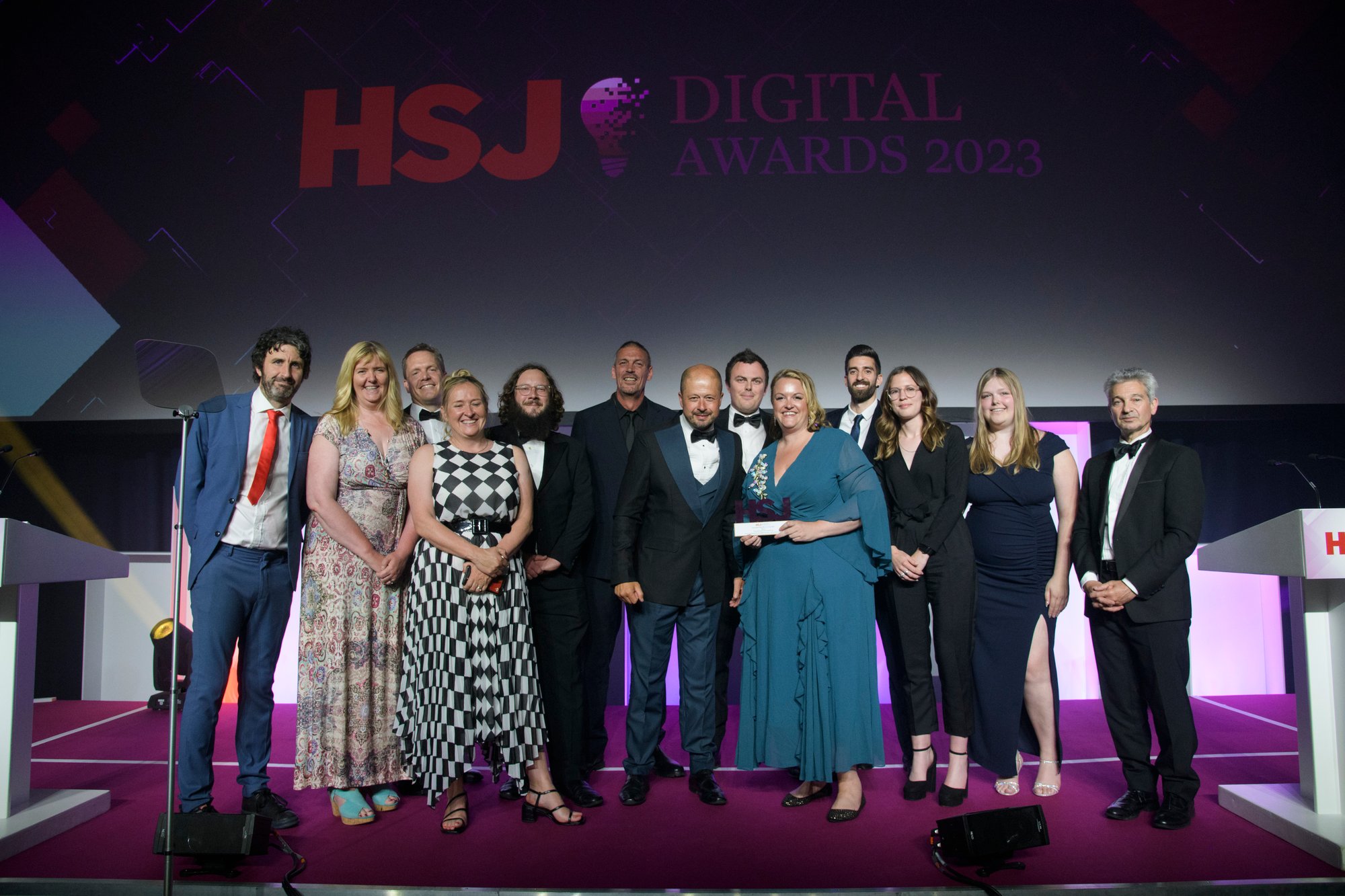


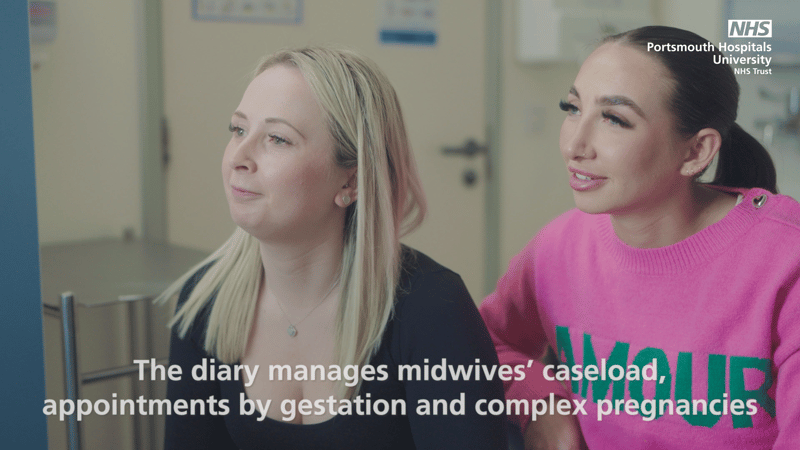
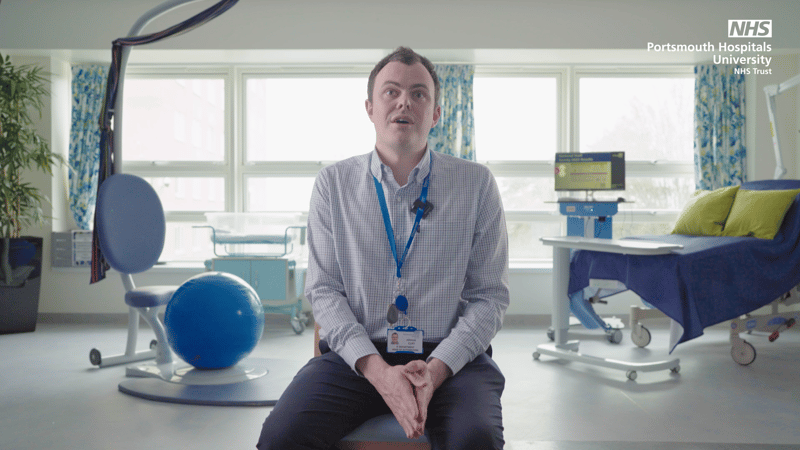
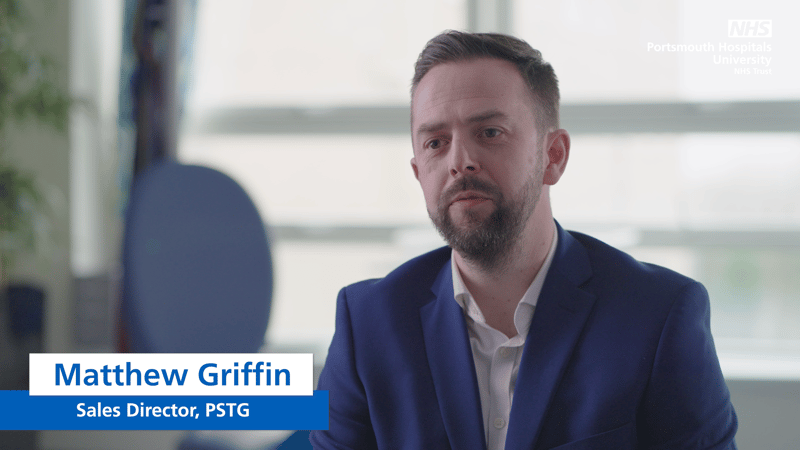
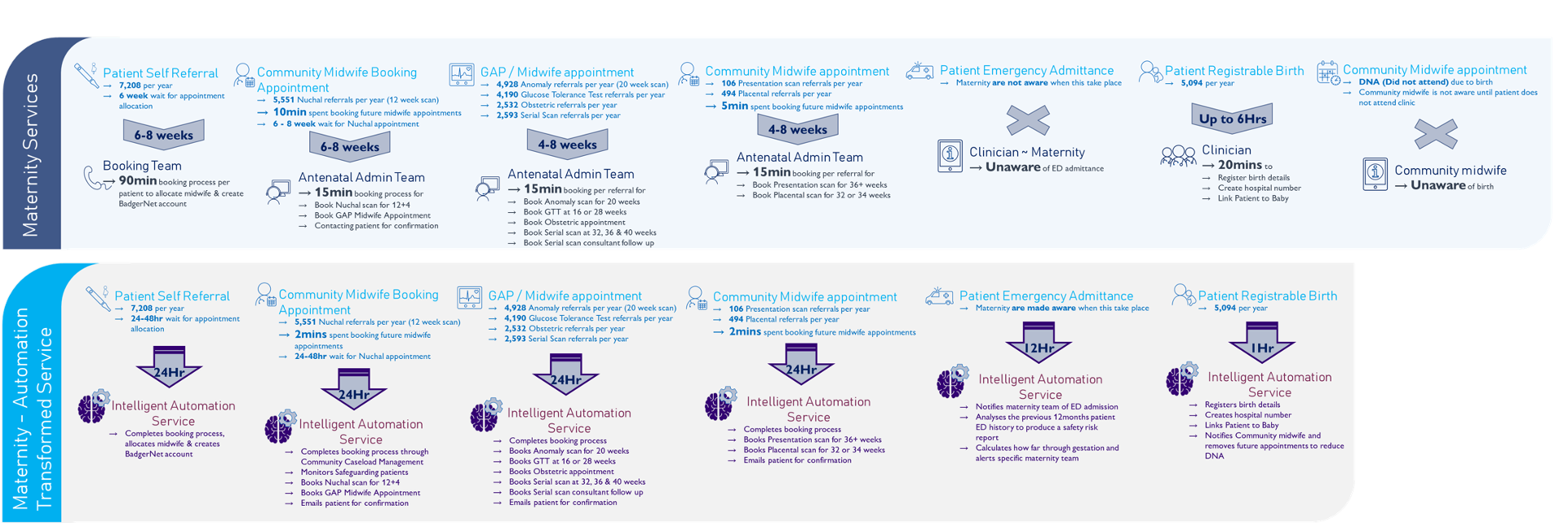 Click to expand
Click to expand